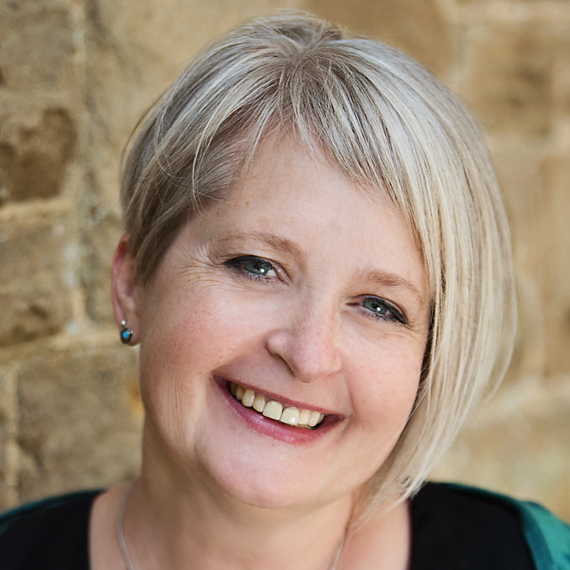I’ve been musing about choice these last few days after someone who was on one of my events became triggered by my suggestion that we always have a choice; that it’s not really true to say we ‘must’ or ‘have to’ to something.
I don’t think I was very articulate in helping her understand what I meant, and unfortunately did not get the right private opportunity to explore this further with her in order to understand what lay beneath her angry and defensive response.
All of which has left me feeling very curious, hence my musing!
Her challenge to me was “but I have to deliver my targets, and I must turn up to work, I have to have a job”. She struggled to see that she had a choice and felt powerless to take any other options. But what I heard really was not that she didn’t have a choice, but that she didn’t want the consequences that a different choice might bring.
Not delivering targets, not turning up for work, not having a job are real possibilities (and indeed choices that other people may make), so it’s not true that we ‘have to’.
What may be true is that she has to deliver her targets in order to be seen as performing well in her job, or that she has to turn up to work in order to keep her job, or that she has to have a job in order to have the income she needs to support her family (and even all those statements are probably not wholly true either).
If we want a particular outcome, or destination, it may well be that there is only one path to it that we ‘have to’ take, but it’s still always our choice whether to head for that destination in the first place.
And often, when we realise that it’s the destination we have chosen, rather than the route, other possibilities for reaching the destination may arise.
It’s something I’ve found very empowering these last few years, to notice when I’m saying to myself or to others that I ‘have to’, ‘should’ or ‘must’ do something, to question if that’s really true, or if it’s something I want or choose to do instead. And if it’s not, then to question why I’m doing it!
So for example I might complain that I ‘can’t’ go to my yoga class because I ‘have to’ go to a meeting about my daughters upcoming GCSEs and feel resentful and martyred that yet again I ‘have to’ sacrifice my own time for the sake of others. But it’s not true. I don’t have to go to the meeting, I could choose not to; the world won’t come to an end and my daughter wouldn’t suddenly fail all her GCSEs!
However, the truth is I want to go to the meeting because it’s more important to me to show my interest and support for my daughter just now than it is to go to a yoga class. I choose to go to the meeting, because I want to support my daughter. There’s no ‘can’t’ or ‘must’ about it! And when I shift to that perspective, my resentment just disappears.
There will always be choices we would prefer not to make; a decision to be made, a fork in the path where we making the choice to go one way closes off the option of the other way.
But the decision is still ours to make, and being aware of that helps up to stop feeling like a victim in our own lives.
The lady at my event was really saying that she wants to be good at her job, she wants to be reliable and trustworthy, she wants to provide well for her family, and she wants to be someone who cares.
There is always a cost to any choice we make – it’s up to us to make sure the benefit we get back from the choice outweighs the price.




